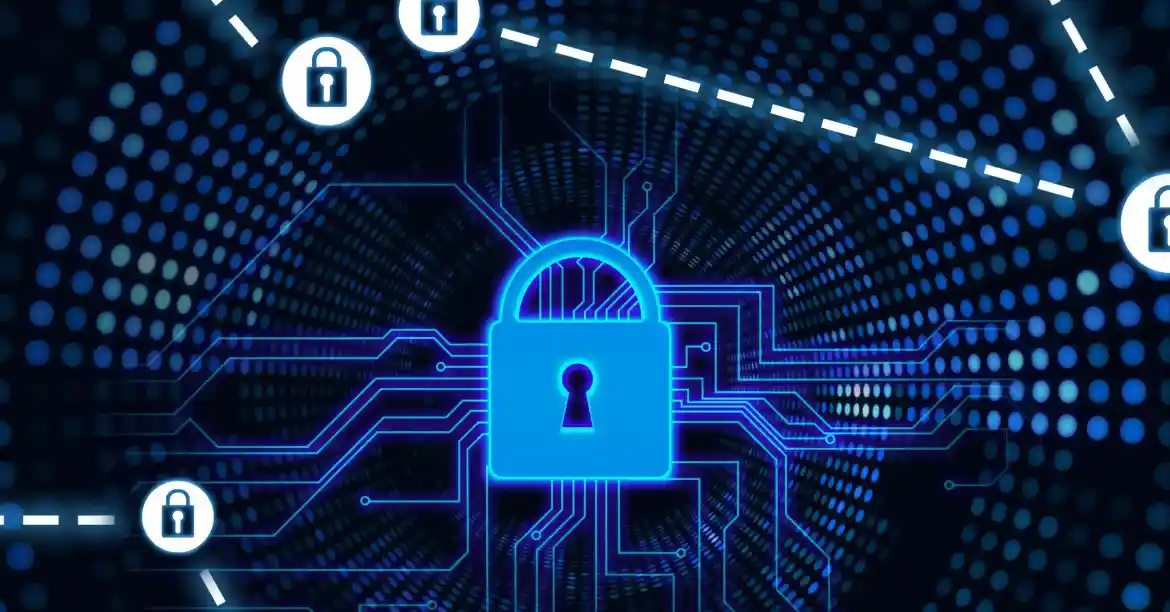Keeping Online Bookings Safe: Cybersecurity Tips for Businesses
Date: 28 March 2025

Think hackers only go after big companies? Think again.
Small and mid-sized businesses are prime targets, especially those with online booking systems. Why? Because they often skip strong security measures, making them easy pickings.
If your system isn’t locked down, customer data, payment information, and your whole operation could be at risk. Cyber attacks aren’t just a tech headache. They can cost you money, trust, and even legal trouble.
That’s why businesses turn to a premium appointment scheduling system that prioritises both efficiency and security. Online booking makes running a business smoother and more efficient, and the scheduling system benefits are undeniable. But without the right security in place, those benefits can quickly turn into liabilities.
So, what are the biggest threats to online booking systems, and how can you protect your business from them? Let’s break it down.
Common Cybersecurity Threats to Online Booking Systems
Hackers have plenty of tricks up their sleeves. Here are the top ways they try to break in:
- Phishing Scams – Fake emails pretending to be from your software provider trick employees or customers into handing over login info. Just one click, and hackers are in.
- Data Breaches – Weak security lets hackers steal customer details, from names and emails to credit card numbers. That’s bad for them—and even worse for your business.
- Ransomware Attacks – Your booking system gets hijacked, and the hacker demands money to unlock it. Pay up or lose access. Either way, it’s a disaster.
- DDoS Attacks – Hackers flood your site with fake traffic, crashing it. No bookings, no business.
- Malware Infections – Malicious software sneaks into your system, stealing data, spying on activity, or messing with appointments.
Best Practices for Securing Online Booking Systems
You don’t need to be a tech genius to protect your business. Here’s what you need to do:
- Turn on Multi-Factor Authentication (MFA). Passwords aren’t enough. Adding a second layer of security (like a one-time code) makes it harder for hackers to break in.
- Keep Software Updated. Ignoring updates is like leaving your front door unlocked. Patches fix security holes, so don’t skip them.
- Use Secure Payment Processing. Stick with well-known, encrypted payment gateways to keep customer transactions safe.
- Encrypt Customer Data. If hackers steal data, encryption turns it into unreadable gibberish.
Lock down your system and keep those scheduling system benefits working in your favour. Whether you’re managing bookings manually or using scheduling assistants to streamline the process, make sure security is a priority.
Employee Training and Awareness
Your team is either your best defence or your weakest link. Make sure they know how to spot threats.
- Teach them to spot phishing scams. If an email looks sketchy, don’t click anything.
- Require strong passwords. “123456” isn’t gonna cut it. Use unique, complex passwords.
- Set clear rules for handling customer data. No sharing, no shortcuts.
- Encourage reporting. If something seems off, speak up before it turns into a full-blown attack.
A little training now saves a lot of headaches later.
Monitoring and Response
Cyber threats don’t take days off, so keeping an eye on your system is key.
- Use intrusion detection software. It watches for sketchy activity and flags threats early.
- Have a backup plan. Literally, automatic backups mean you won’t lose everything if something goes wrong.
- Check security regularly. Conduct audits, identify vulnerabilities, and repair them before hackers discover them.
With appointment scheduling trends always changing, firms must stay current by updating security policies and monitoring for new threats.
Customer Protection Measures
Your customers trust you with their information. Don’t break that trust.
- Encourage strong passwords. Help them help themselves.
- Be upfront about data security. Transparency builds confidence.
- Send alerts for unusual activity. If someone tries logging in from an unknown location, let them know.
When customers feel safe, they’re more likely to stick with you.
Legal and Compliance Considerations
Cybersecurity isn’t just a good idea. It’s the law. Stay compliant with:
- GDPR (General Data Protection Regulation) – Covers EU customer data protection.
- CCPA (California Consumer Privacy Act) – Regulates how businesses collect and store California customer data.
- PCI-DSS (Payment Card Industry Data Security Standard) – Set rules for secure credit card transactions.
Navigating security laws isn't really exciting, but it's unavoidable. Smart organisations utilise solutions like Q-nomy to maintain their booking systems secure and compliant without any fuss. A little extra precaution now can save you a lot of trouble later.
In Conclusion
Cybersecurity is an important aspect of running a business. A secure booking system safeguards your clients, reputation, and financial line.
Strong security, smart training, and staying current on appointment scheduling trends will keep your organization safe and ahead of cyber dangers.
What steps are you taking to protect your booking system? Drop a comment, and let’s talk!








